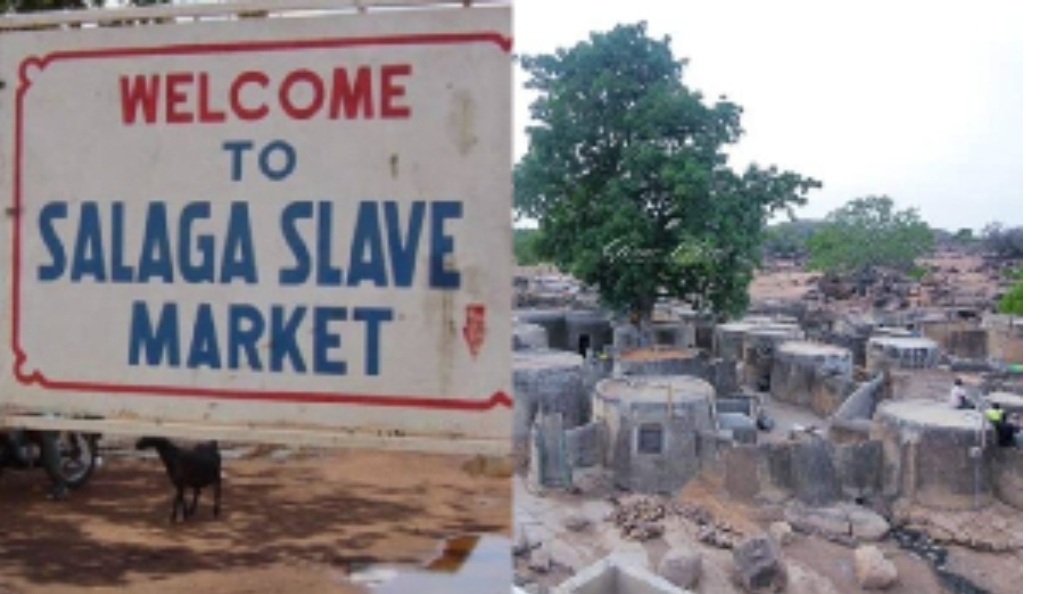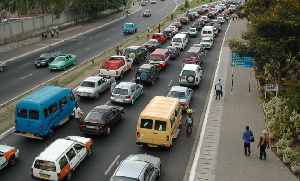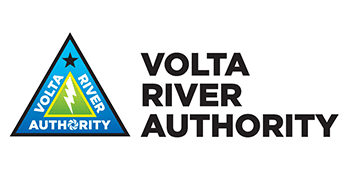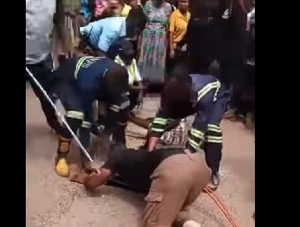The history behind the Salaga Slave Market in Ghana

The story of the enslaved people—their origins, who brought them to Salaga, who purchased them, and their fate—can be reconstructed from accounts by a wide range of travelers, both Black and white, including officials, soldiers, merchants, and missionaries of various nationalities, African and European.
On the eve of European colonization, which eventually ended the internal slave trade, these accounts allow us to glimpse the scale and mechanisms of the trade, as well as the diverse attitudes towards slavery in pre-colonial Africa.
Ghana’s Minister of Tourism, Arts, and Culture, Hon. Andrew Egyapa Mercer, remarked that the commissioning of the Salaga Slave Market and Heritage Site is more than a commemoration of the past; it is an acknowledgment of the significant role slavery played in shaping the world today.
He made these remarks at the commissioning of the site on Monday, July 22, 2024, in Salaga, located in the Savannah Region.
The site, an 18th-century slave market, was a key location where enslaved people were transported to the coast for export during the Trans-Atlantic Slave Trade era. It also served as an outpost for the movement of slaves along the Trans-Saharan routes.
In his speech, Hon. Mercer emphasized the importance of honoring the memory of ancestors by continuing the fight against discrimination and oppression, while celebrating the resilience of the African spirit and fostering cooperation among the global African family.
“Let us seize this opportunity to promote tourism in the Savannah Region and across Ghana,” he urged. “Highlighting unique heritage sites like the Salaga Slave Market and Slave Wells not only boosts our economy but also fosters cross-cultural understanding between communities, both locally and internationally.”
Hon. Mercer extended heartfelt appreciation to His Royal Highness, the Kpembe Wura, the District Chief Executive, and all stakeholders involved in the renovation and commissioning of the project.
The ceremony, held in Salaga to launch the 2024 Emancipation Day Celebration, was attended by esteemed dignitaries, including the Lepowura, representing the Kpembewura, the Municipal Chief Executive, the Board Chairman of the Ghana Tourism Authority (GTA), Mr. Seth Adjei Baah, the local Member of Parliament, and Directors of various agencies in the Savannah Region.
In his address, the CEO of the Ghana Tourism Authority, Mr. Akwasi Agyeman, emphasized the significance of the Salaga Slave Market and Wells to the nation’s heritage tourism offerings.
He stressed the need for Ghanaians to acknowledge the past while working toward a future of healing and unity. Mr. Agyeman expressed his gratitude for the collaborative efforts that led to the restoration and preservation of these historical sites, highlighting GTA’s commitment to sustainable tourism and cultural heritage.
The Lepowura, Bore-enasa, speaking on behalf of the Kpembewura, pledged the support of the Traditional Authority to help preserve the site.





